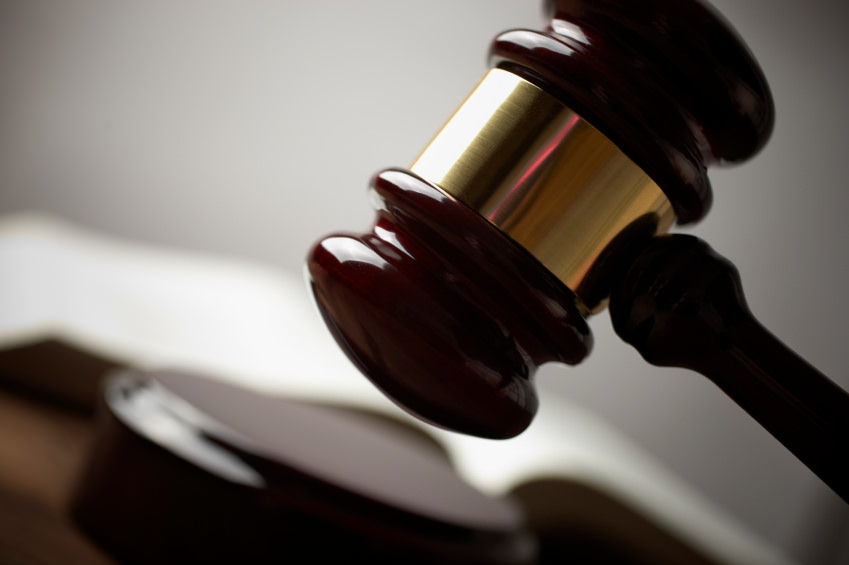A Federal High Court in Maitama has imposed a ₦5 million fine on Airtel Nigeria for violating a customer’s rights to privacy. The plaintiff, Emmanuel Anene alleged continuous disturbance through unsolicited text messages to his phone number.
According to news reports, the presiding judge directed Airtel Nigeria to pay ₦5 million to the plaintiff for damages incurred against the ₦200 million that he initially requested.
In defence of Airtel Nigeria, the suit was filed on the 21st of December 2015, months before the Do Not Disturb Code was instituted.
Suggested read; NCC finally wants to put an end to unsolicited messages from Nigerian telcos
An initial occurrence
This is not the first time Airtel Nigeria will be sued by a subscriber. In 2010, a High Court in Akwa Ibom State found Airtel Nigeria guilty of illegally blocking the line of a certain Okon Imerh. Imerh was awarded ₦10 million in damages.
In Anene’s case, the judge awarded the ₦5 million damages to the plaintiff because according to the judge,
The defendant [Airtel Nigeria], who was afforded the opportunity, failed to file a statement of defence contradicting the plaintiff’s statement of claim, or lead evidence in challenge to the claims; it means he has admitted the facts.
Apparently, Airtel Nigeria failed to show up or send a representative to the court. Like the general populace, Airtel Nigeria probably thought the first court settlement was a case in isolation, which has slim chances for repetition.
In most countries across the globe, subscribers sue telecommunication companies for low broadband speed; a norm in these parts. Even in Africa, Ugandans sue telcos to court for poor network and exploitation and in return, they get payouts
Sadly, that is not the case in Nigeria. The country’s legal system is weak this makes lawsuits are a rare occurrence. Even in cases where a lawsuit is made against big companies, attendance is not mandatory. Perhaps, this notion explains Airtel Nigeria’s absence from the legal proceedings
After the court case in 2010 that awarded Okon Imerh ₦10 million in damages against Airtel, the presiding judge informed subscribers they could challenge telcos for wrong conduct and similar offences. Similarly, in 2014, the NCC also challenged Nigerians to sue telcos for privacy invasion.
The implication of this lawsuit is a renewed confidence in the Nigerian legal system. There may be an increase in the number of lawsuits against telcos by their subscribers. Maybe this is the catalyst these telcos need in order to treat their customers with more respect.






